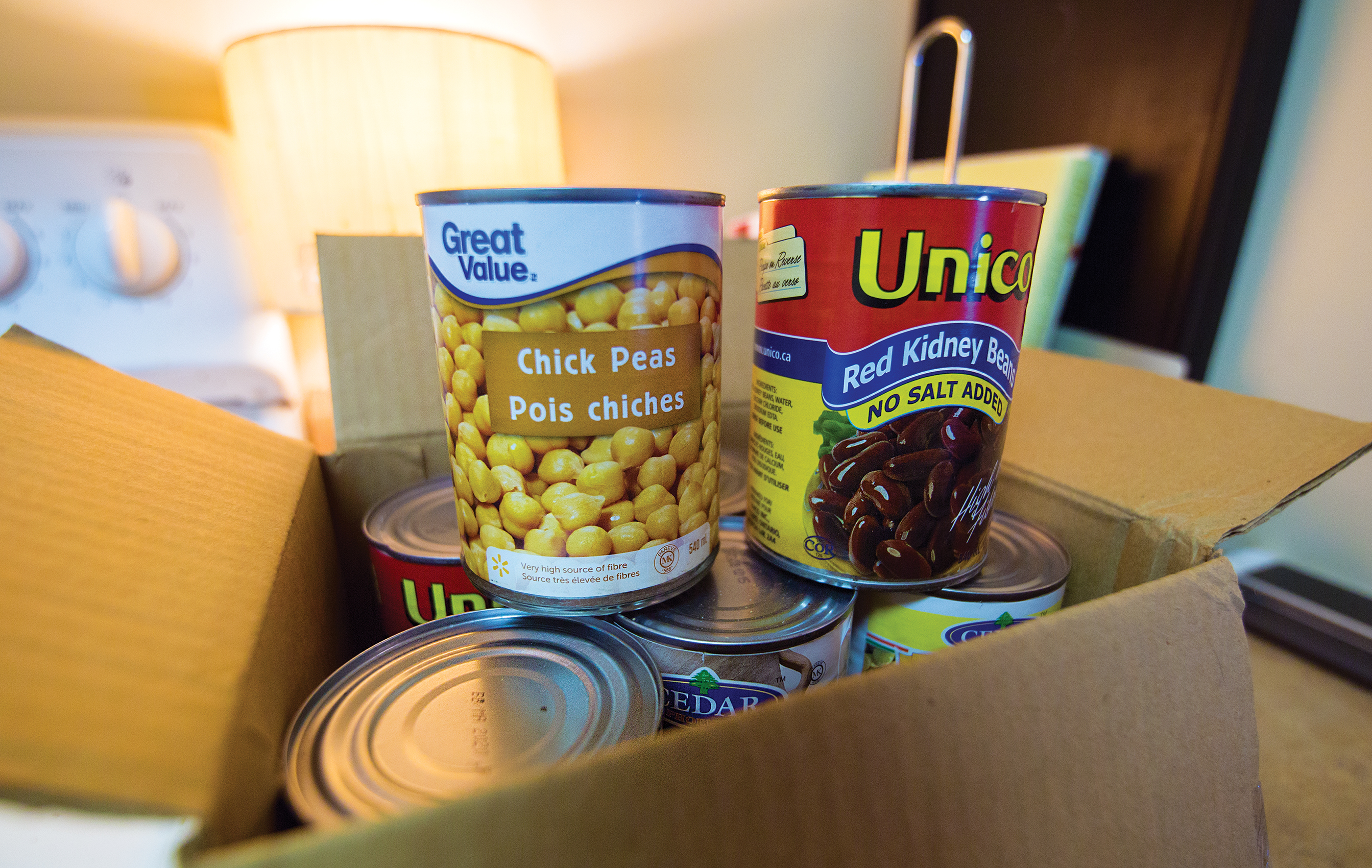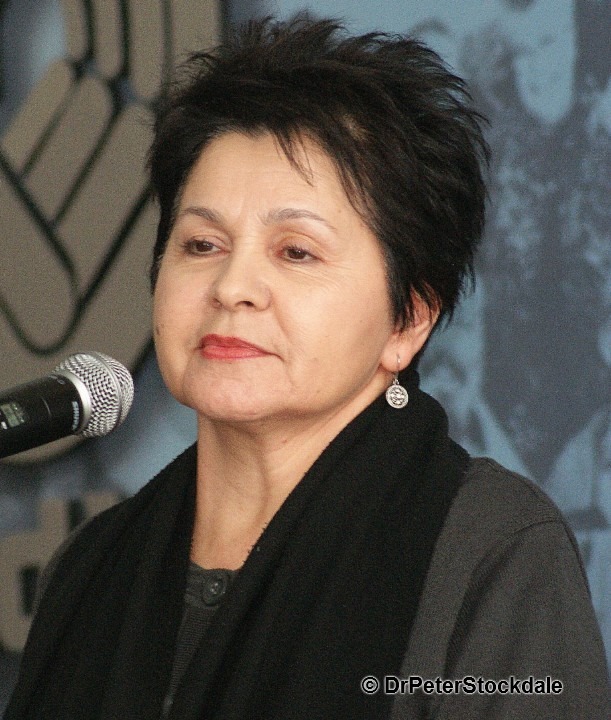SFUO food bank hosts Paul Dewar to talk unpaid internships, food insecurity
On Tuesday, March 21, as part of the Student Federation of the University of Ottawa’s (SFUO) Equity Week, the SFUO food bank hosted a panel discussion on financial barriers to post-secondary education.
The event featured former NDP MP Paul Dewar as a member of the panel, who said that universities are raising the cost of post-secondary education each year because they aren’t receiving enough funding from the government for programs and services. Dewar contrasted this with countries such as Germany, which receive more government funding, allowing for free tuition.
The panel also featured Vanessa Dorimain, vice-president of university affairs for the SFUO, who shared the “perspective of the student movement,” and discussed her identity as a student parent.
According to Dorimain, taking classes and working part-time, along with family and other commitments, can pose challenges to students who want to be part of movements but simply are unable to.
On this same topic was a discussion of unpaid internships, which students often undertake in order to gain relevant work experience.
“I see this as a human rights issue,” said Dorimain. “If you are working, you should be compensated for your work.”
“There’s a whole issue on what is modern slavery,” said Dewar, noting that unpaid internships can be seen as similar to the labour that produces food and cell phone parts, which often goes without proper financial compensation.
The discussion then shifted to the topic of food insecurity at the U of O and on Canadian university campuses in general.
“We’ve seen growing inequality over the years,” said Dewar. “Food banks are absolutely critical for (some) people.”
Dewar also emphasized that we need to look at the root causes of why we have food programs and “change the way we’re doing things.”
Dorimain then discussed the demographics of students accessing the SFUO food bank, noting that there is a disproportionate number of international students, students of colour, and student-parents who require its services.
In a follow-up interview with the Fulcrum, SFUO food bank event organizer Kathryn Leblanc, who is also the incoming vice-president of services and communications, discussed how “it was important to not only advance the scenes of food security, but to also talk more broadly about the issues that cause a lack of food security on college campuses.”
Leblanc believes that students facing food insecurity “suffer from these issues in silos because of the stigmatization.”
On the topic of unpaid internships during the panel, Leblanc told the Fulcrum that they “really worsen the class divide, which is already quite big on college campuses, because there are some students that can afford to do unpaid internships, and then there are some students who can’t.”
For students who want to get involved in fighting food insecurity, Leblanc advises that “it’s important to firstly be aware of where the barriers are because students might not really notice where the gaps are, so reading more up on food banks and food security is a good place to start.”
Leblanc also suggests contributing to food banks in small ways, such as by raising money and donating food items, as well as raising awareness to combat the stigma of accessing food banks.
“There are so many people who could benefit from our campus food bank but they don’t feel comfortable doing that. That’s why I think it’s so important for us to normalize the idea that it’s okay to need help and it’s okay to receive help, and that relying on a food bank shouldn’t be a sense of shame.”
Please visit the SFUO food bank’s website for more information about their services, or email foodbank@sfuo.ca.






